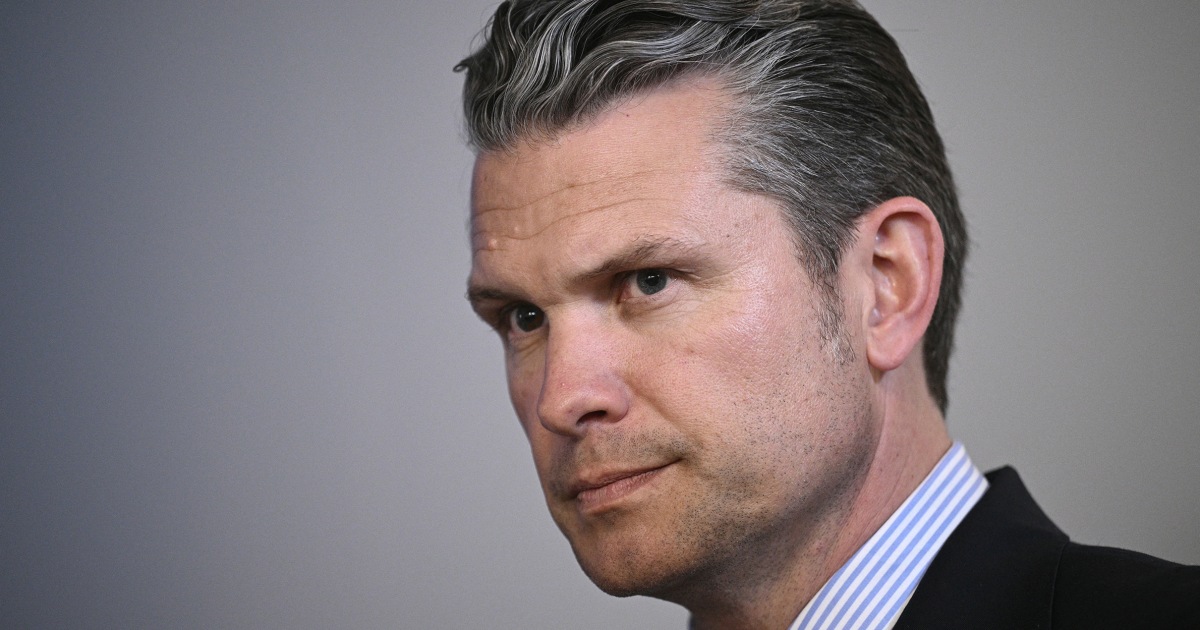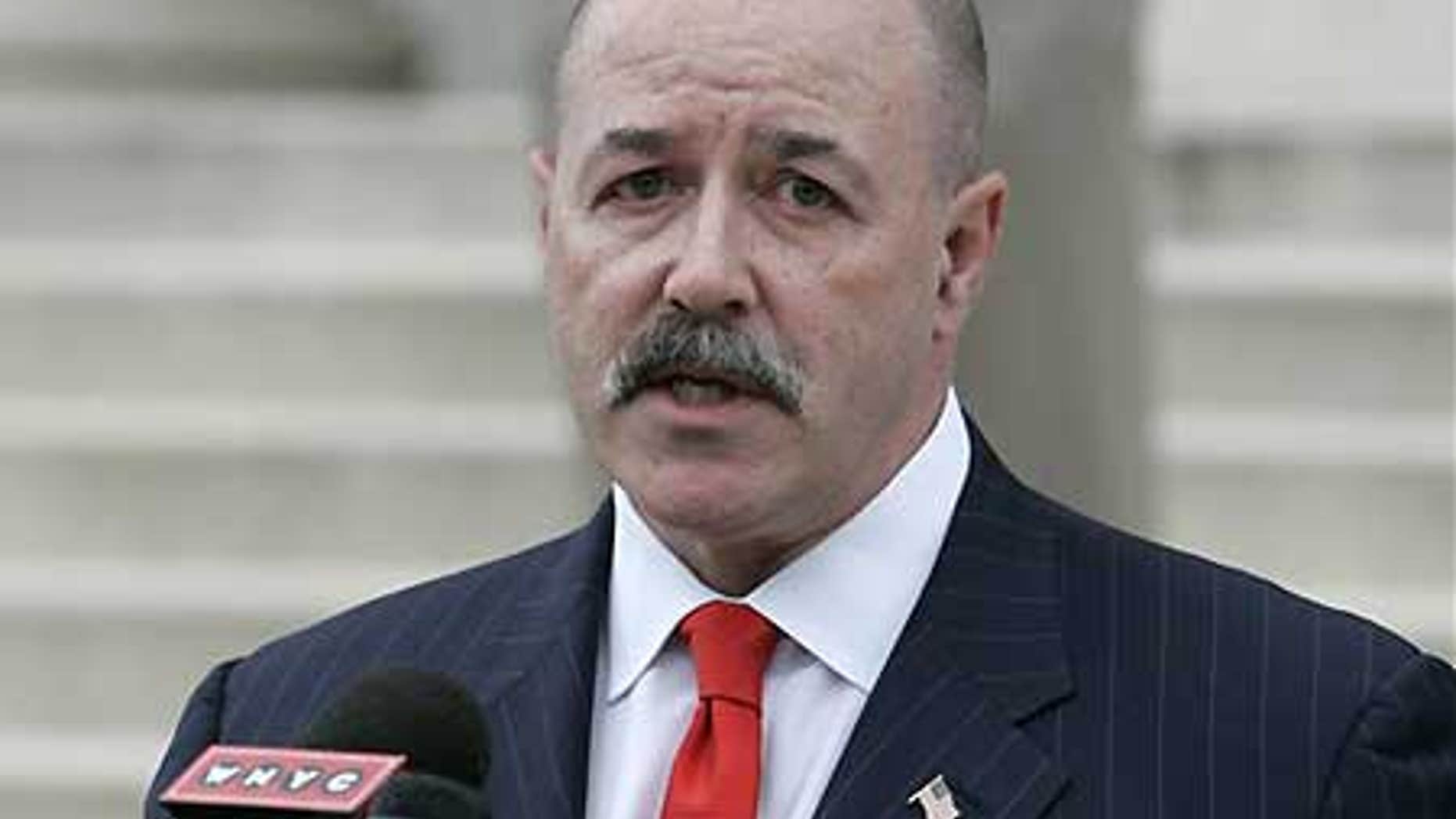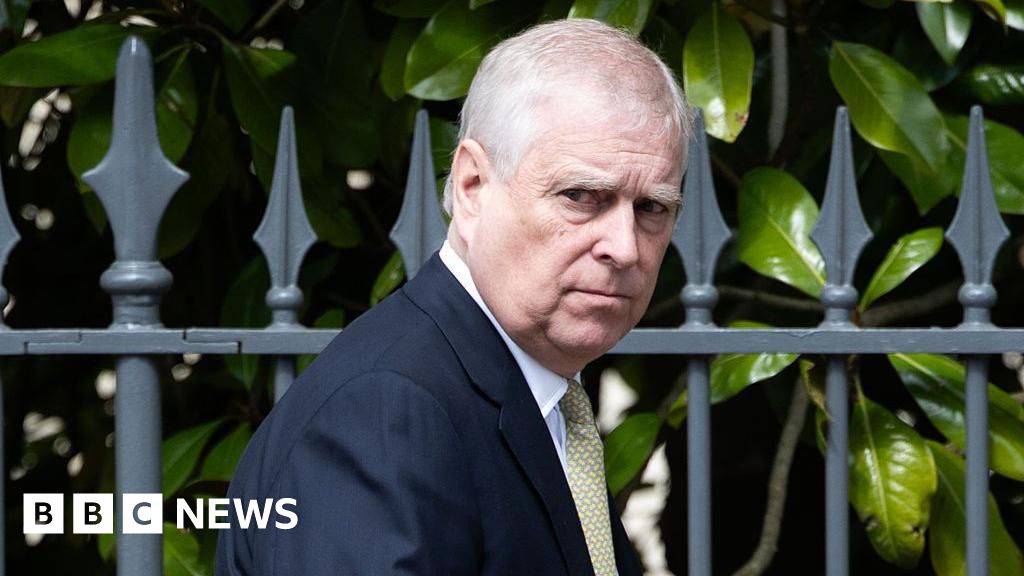Controversy and the Power of Language

Introduction
Recently, US President Donald Trump has faced backlash for using a term that some consider to be anti-Semitic. During his America250 celebration rally in Iowa, he used a term that has been historically used as a slur against Jewish people. This has caused controversy and sparked discussions about the use of offensive language by leaders and the impact it can have on marginalized communities.
The Power of Language
This is not the first time that President Trump has faced criticism for his language. In the past, he has made derogatory comments about various groups of people, including immigrants and women. This kind of language can have a detrimental effect on society, as it perpetuates harmful stereotypes and creates a culture of division and hate.
Similar to the backlash Trump faced for his comments about immigrants, his use of the anti-Semitic term has sparked discussions about the impact of language and the responsibility of leaders to use their words wisely. It is important for leaders to set a positive example and promote unity, rather than fueling divisive rhetoric.
A History of Controversy
This is not the first time that Trump has made controversial statements or used offensive language. In the past, he has faced criticism for his policies on immigration and his comments about various groups of people. Most recently, he has faced criticism for his decision to grant refugee status to white South Africans, a move that has been met with resistance from the very group he is trying to help.
In addition, Trump's upcoming trip to the Middle East has also sparked controversy. While he has been praised for his efforts to achieve peace in the region, some experts are concerned about his close relationship with Israel and the potential bias this may bring to the table.
The Importance of Responsible Leadership
As leaders, it is crucial to use language that is respectful and inclusive. The words we use have the power to shape our society and impact how people are treated. It is important for leaders to be aware of the implications of their words and to use language that promotes unity and respect for all individuals.
Trump's use of the anti-Semitic term has brought attention to the need for responsible and respectful leadership. It is our hope that leaders in all positions of power will recognize the impact of their words and make a conscious effort to promote a culture of understanding and acceptance.
In Conclusion
The recent controversy surrounding Trump's use of an anti-Semitic term serves as a reminder of the power of language and the responsibility of leaders to use their words wisely. It is our hope that this serves as a learning opportunity for all leaders to promote unity and respect for all individuals. Let us strive to create a society that is inclusive and accepting of all individuals, regardless of their background or beliefs.
About the People Mentioned
Donald Trump
Donald John Trump, born June 14, 1946, in Queens, New York, is an American businessman, media personality, and politician. He graduated from the University of Pennsylvania’s Wharton School in 1968 with a degree in economics. In 1971, he took over his family’s real estate business, renaming it the Trump Organization, through which he expanded into building and managing skyscrapers, hotels, casinos, and golf courses. Trump gained widespread fame as the host of the reality TV show *The Apprentice* from 2004 to 2015, which helped establish his public persona as a successful entrepreneur. Trump entered politics as a Republican and was elected the 45th president of the United States, serving from 2017 to 2021. His presidency was marked by significant policy actions including tax cuts, deregulation, the appointment of three Supreme Court justices, renegotiation of trade agreements (notably replacing NAFTA with the USMCA), and a focus on immigration control including border wall expansion. He withdrew the U.S. from international agreements such as the Paris Climate Accord and the Iran nuclear deal, and engaged in a trade war with China. His administration’s response to the COVID-19 pandemic was criticized for downplaying the virus’s severity. Trump was impeached twice by the House of Representatives—first in 2019 for abuse of power and obstruction, and again in 2021 for incitement of insurrection—but was acquitted by the Senate both times. After losing the 2020 election to Joe Biden, Trump challenged the results, culminating in the January 6, 2021, Capitol riot. He remains a central figure in American politics, having won the 2024 presidential election and returned as the 47th president in 2025, continuing to promote policies aimed at economic growth, border security, and military strength[1][2][3][4].
About the Organizations Mentioned
America250
## Overview America250 is a nonpartisan, nationwide initiative dedicated to commemorating the 250th anniversary of the signing of the Declaration of Independence—a milestone known as the Semiquincentennial, occurring on July 4, 2026[1][3][5]. The organization’s mission is to inspire Americans to reflect on the nation’s history, celebrate its achievements, and renew a collective commitment to democracy through inclusive, educational, and engaging programs[3][5]. It seeks to foster unity by highlighting the diverse stories that make up the American experience and by encouraging civic participation and volunteerism[3][5]. ## History and Structure The U.S. Semiquincentennial Commission, established by Congress in 2016 (P.L. 114-196), is the federal body leading America250, with support from the America250 Foundation and partnerships across government agencies, nonprofits, and educational institutions[1][2]. The commission is tasked with orchestrating the largest and most inclusive anniversary observance in U.S. history[1]. In 2021, the America250 Foundation launched a major marketing campaign and public service announcements, signaling the start of public engagement efforts[2]. In July 2022, former U.S. Treasurer Rosie Rios was appointed chair of the commission, and in 2024, former Presidents George W. Bush and Barack Obama, along with their spouses, were named honorary national co-chairs[2]. ## Key Achievements and Programs America250 has already catalyzed a range of initiatives. The Institute of Museum and Library Services (IMLS) has awarded grants to projects such as a digital portal uncovering Philadelphia’s revolutionary history and civic education resources for young people[1]. The organization is building the largest audiovisual archive of American stories, inviting citizens nationwide to share their experiences as part of a living history project[5]. State-level commissions, like America 250-Ohio, are mobilizing local communities to contribute their unique
















